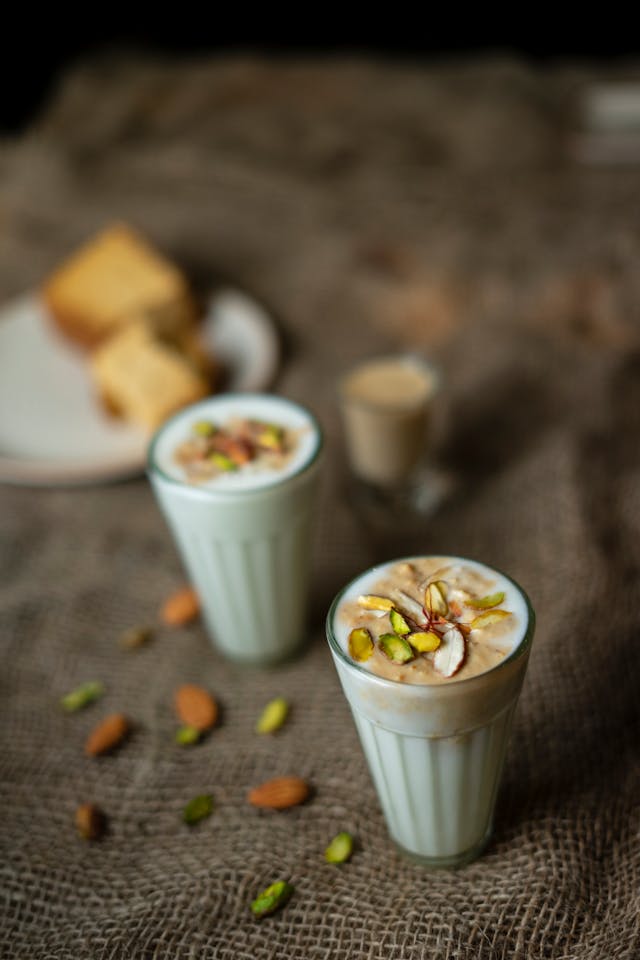Penned by Imtiaz Ali and directed by his brother Sajid Ali, Laila Majnu is a poignant, soul-stirring retelling of the timeless love tragedy — set against Kashmir’s breathtaking and mystical backdrop. This is not your typical Bollywood romance. It dares to explore the uncharted emotional terrain of love: its delirium, its defiance, its depth, and ultimately, its descent into madness.
I had dismissed it for years, expecting yet another romantic drama. But its re-release in August 2024 on the big screen (India), followed by its easy availability on OTT, finally nudged me to surrender to this cinematic masterpiece. And alas, I regret not experiencing every bit of it in the more immersive 70mm format. Some films are made for silence, and the big screen — Laila Majnu is one of them.
The narrative introduces us to Laila (Tripti Dimri), a spirited, rebellious girl with mischief in her smile, and Qais (Avinash Tiwary), a charming flirt with shadows in his past. What begins with playful tension quickly spirals into a tale of obsession, rebellion, heartbreak, and soul-searing longing — all set against familial feuds and societal expectations.
Avinash Tiwary is a revelation — his transformation from a lighthearted romantic to a man lost in the wilderness of his mind is haunting, magnetic, and painfully beautiful. Tripti Dimri holds her own with luminous grace and quiet strength. Together, their chemistry is raw and real — not the glossy, packaged kind, but the kind that consumes you from within.

And then there’s Kashmir — captured not just as a place but as a feeling. Cinematographer Sayak Bhattacharya transforms the valley into a living, breathing character — a metaphor for the beauty and chaos of love. Each frame is a painting; each scene is a poem. You don’t just watch Laila Majnu — you feel it under your skin.
Sajid Ali’s direction gives this age-old tale a contemporary lens without diluting its poetic essence. While the first half offers a relatively familiar love story, the second half elevates the film into art. Minimal dialogues, symbolic frames, and poetic silences — Qais’s descent into madness becomes a meditation on love. The madness isn’t gratuitous — it’s sacred.
The music, composed by Niladri Kumar, Joi Barua, and Alif, is nothing short of divine. It doesn’t merely accompany the story; it elevates it. Tracks like “O Meri Laila” and “Tum” linger long after the credits roll. And yes, Atif Aslam — you remain magic!
Writing this took me a while — because this film doesn’t just tell a story, it becomes your story. The thrill of flirtation, the vulnerability of love, the ache of separation — it all felt deeply, achingly personal. And everyone I spoke to about the film echoed the same.
Laila Majnu isn’t for everyone — it won’t charm those looking for a breezy romance. But if you seek poetry in pain and believe love is something more than pretty montages and happy endings, this film will find you, shake you, and stay with you.
It is sacred. It is Sufi. It is love, mad, and eternal.




